It’s so hot! Shield yourself from skin cancer with these UV protection tips
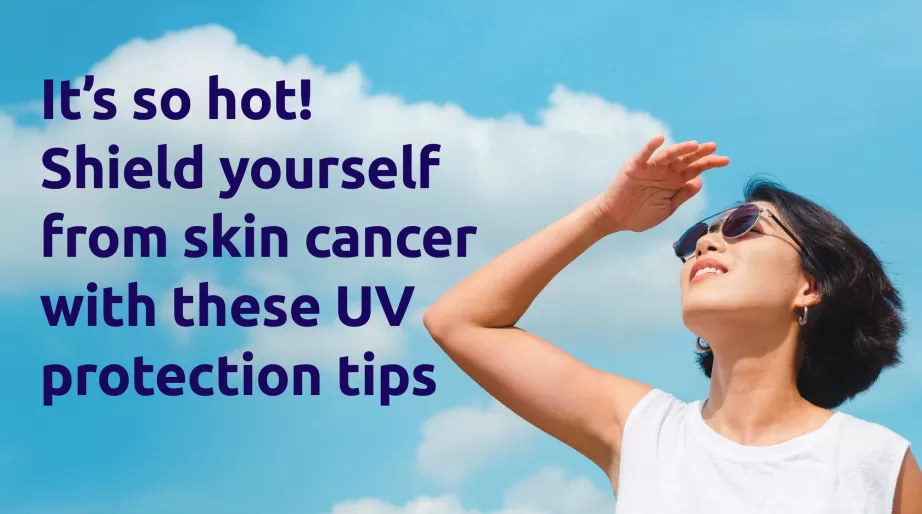
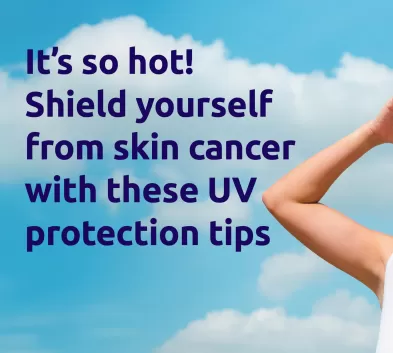
5-minute read
The heat is on. The UV (ultraviolet) index in Singapore peaked on 28 March 2024 amidst record-high temperatures, meaning that the level of solar UV radiation on the earth's surface was extremely high.
Those who have grown up in sunny Singapore would be familiar with our country’s heat and humidity, which also means we may grow up taking sun protection lightly. But, being used to the hot climate doesn’t make us immune to its effects. In fact, we need to be extra careful in Singapore as we have consistently high levels of UV radiation all year round due to our location near the equator.
With hotter days still to come, due to the lingering effects of El Nino, Singapore residents need to start taking sun protection seriously before it’s too late. This article gives 3 simple ways people in Singapore can stay safe against these invisible threats.
Why hotter days are so dangerous
Hotter temperatures can result in a range of heat-related health issues, from mild ailments like headaches and rashes to more severe conditions like heat stroke. When it comes to the sun, most people think of the heat risks but often forget about the dangers of UV radiation.
UV radiation is a type of electromagnetic energy that originates from the sun and reaches the earth through its rays. Besides sunburn, overexposure to UV radiation can cause severe damage to the skin and eyes. Dermatologists warn that if not protected properly, it can even weaken the immune system.
There are two main types of harmful UV rays:
- UVA rays make up 95% of the rays reaching the ground. They have longer wavelengths but lower energy levels, damaging cells deeper into the skin indirectly but immediately. They are more widely associated with premature skin ageing. UVA rays can penetrate windows and clouds.
- UVB rays make up 5% of the rays reaching the ground. They have shorter wavelengths but stronger energy levels, damaging the outermost layers of the skin directly but gradually. They are more widely associated with most skin cancers. UVB rays can’t penetrate windows.
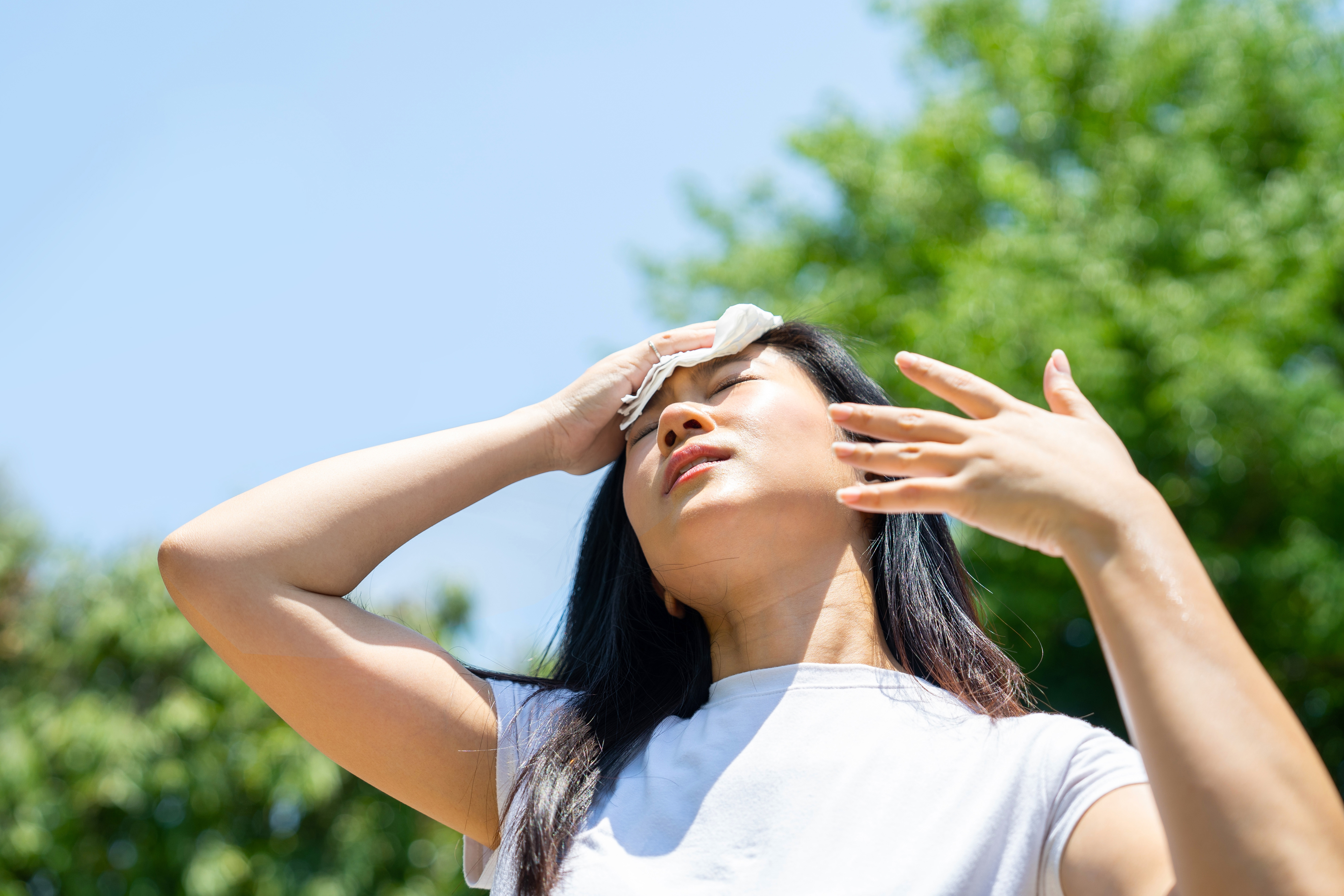
Skin cancer could happen to you
It’s a wide misconception that Asians, particularly those with darker skin, will not get skin cancer. News flash: Even a young person with no family history of cancer, but who carelessly spends large amounts of time in the sun, could develop the disease. In Singapore, skin cancer is the 6th and 7th most prevalent cancer in males and females, respectively.
Skin cancer can be categorised into two types:
- Melanoma skin cancer can develop anywhere on the body, in otherwise normal skin or in an existing mole that turns cancerous.
- Non-melanoma skin cancer (NMSC), the more common variation, slowly develops in the upper layers of the skin. Examples of NMSC are Basal Cell Carcinoma and Squamous Cell Carcinoma.
Don’t leave things to chance. Skin cancer is highly preventable with discipline and prudence. Use these 3 simple ways to protect yourself from harmful UV rays and lower your risk of skin cancer:
1. Make sunscreen a must, rain or shine
2. Seek shade when the sun is brutal
3. Wear sun-protective clothing
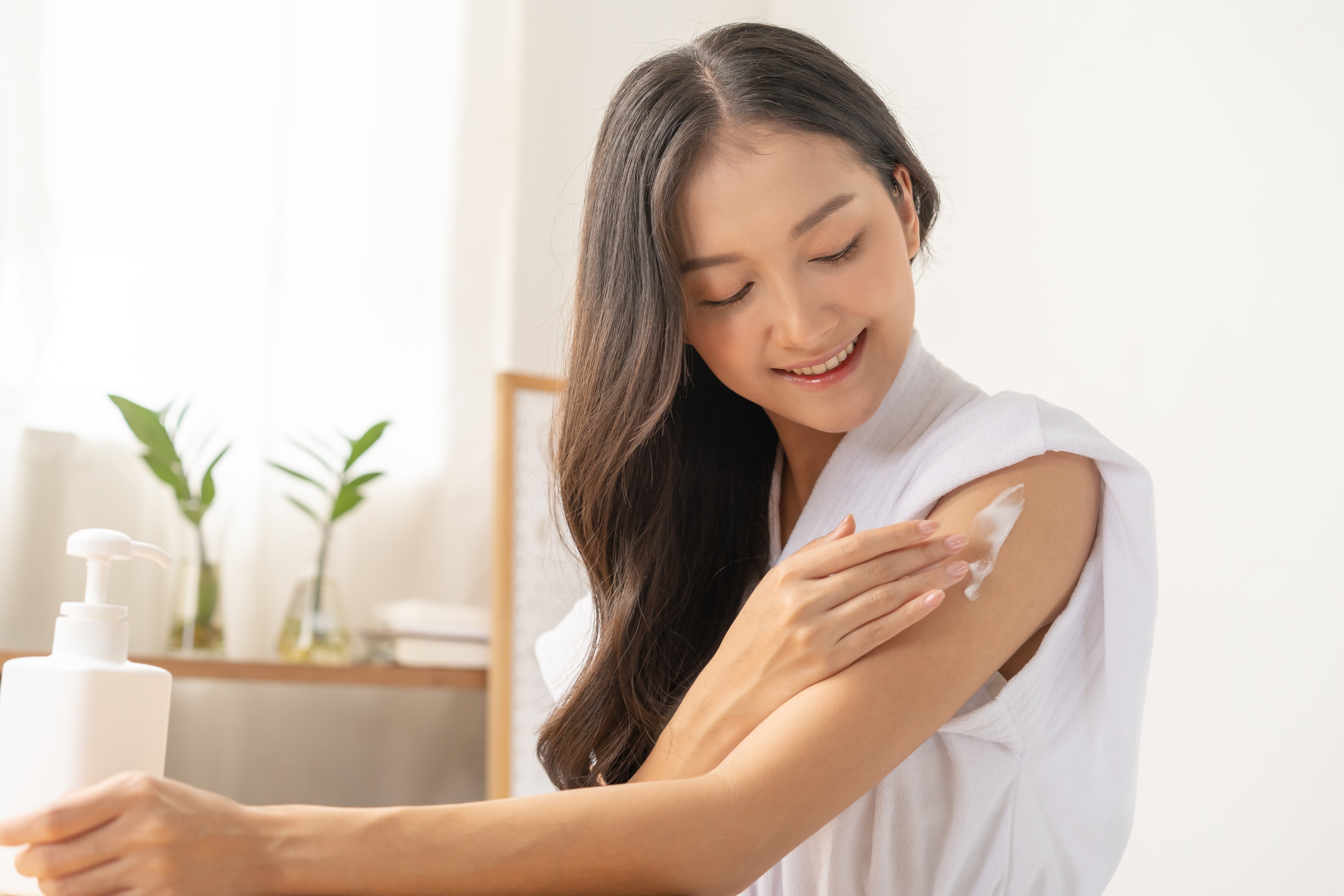
1. Make sunscreen a must, rain or shine
Don't be fooled by clouds! UV radiation doesn’t just occur on hot days; levels can remain high even on cool, clear days with less cloud cover. Unlike UVB rays, UVA rays are not absorbed by the ozone layer. This means they can penetrate deep into the skin, regardless of the weather!
Applying sun protection to your skin needs to become part of your daily routine, especially if you’re going outside. Sun-protective skincare can come in two forms:
- Sunscreen chemically filters or screens the sun's UV rays, allowing some to pass through while blocking most of them.
- Sunblock physically sits on the skin and reflects the sun's rays away from the body.
Higher SPF (Sun Protection Factor) offers better protection against the harsher UVB radiation. The National Environment Agency recommends using a minimum of SPF 30 sunscreen for Singapore's UV index levels. To ensure your sunscreen provides the stated SPF, apply it generously to exposed skin and give it at least 15 minutes to take effect.
2. Seek shade when the sun is brutal
The weekly recommended dose of sunlight for good health is less than you think! Research shows that just 15-30 minutes of sun exposure, twice a week, is enough to help your skin produce Vitamin D.
That said, stay in the sun only if necessary. plan outdoor activities early in the morning or evening, avoiding 10am and 4pm. If you must be outside during those hours, stay in shaded areas under umbrellas; they’re not only useful for sudden downpours but also for unexpected sun exposure!
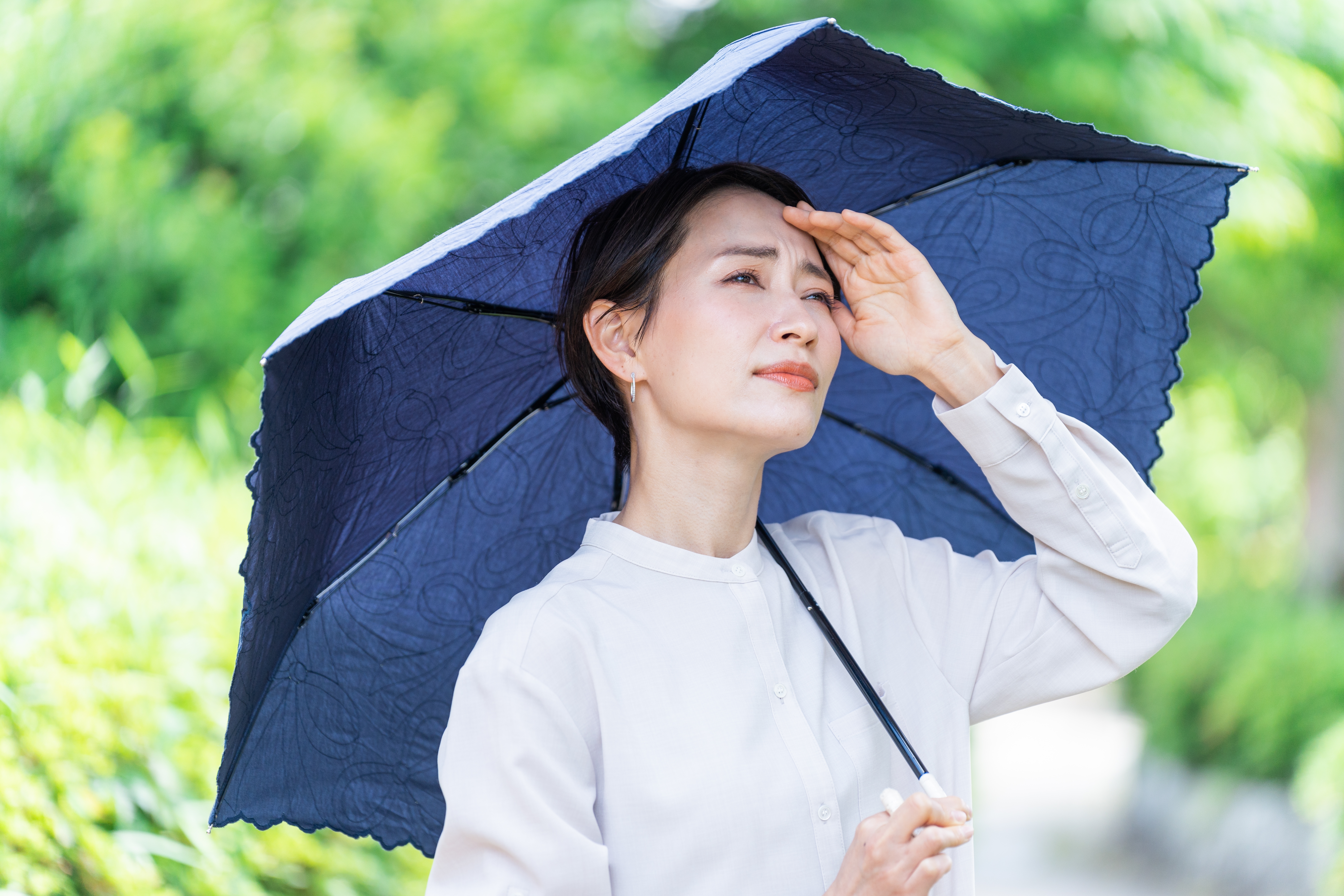
3. Wear sun-protective clothing
Exposed skin is most vulnerable to sun damage. Protect your skin from the sun by wearing loose-fitting, lightweight clothing made of tightly woven fabrics like linen or moisture-wicking synthetics. If you're going to be out in the sun for a while, consider wearing long sleeves, pants, and wide-brimmed hats.
For extra protection against UV rays, wear sun-protective clothing to shield yourself from UV rays. Many big brands such as Uniqlo, Lululemon and Decathlon now offer high-coverage breathable clothing with UPF (Ultraviolet Protection Factor), similar to SPF for sunscreen, to prevent excessive sweating and heat from being trapped.
Lastly, make sure to wear your favourite pair of sunglasses to protect your eyes from harmful UV rays. Regular and polarised sunglasses provide comparable UV protection, but the latter substantially reduces glare and reflections, ideal for drivers or beachgoers.
Get good cancer insurance while it’s hot
While sun protection is a crucial defence against skin cancer, it’s best to be ready for the unexpected; cancer treatment can incur significant medical expenses.
Take control of your health today with sun safety practices and secure your future with cancer insurance. MSIG CancerCare Plus helps to take the heat off when cancer strikes. Be guaranteed a payout of at least $50,000 for early or late diagnosis. Premiums are highly affordable, starting from less than 15 cents a day.
MSIG has regular exclusive promotions on our insurance plans. Click here to view the latest deals. Policy terms and conditions apply.



